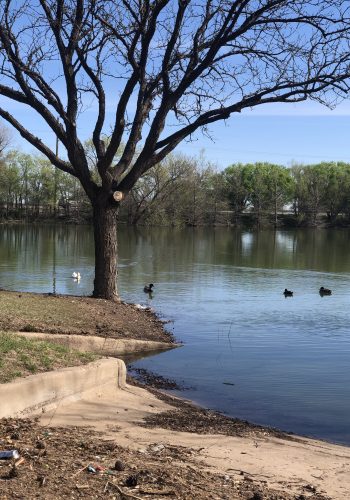
Apologies and Making Amends
“Did I say something wrong?”
—Nancy says to Pollyanna
“There are 60-11 other things you could have said.”
A surprising connection exists between apologies, making amends and the road to reconciliation.
Jesus says in the Sermon on the Mount to agree with your adversary quickly, while you are in the way with him. Or else.
Or else what?
adversary––someone who offers opposition; antagonist; opponent; resister
Jesus says that you, the one who digs in your heels, who refuses to admit any wrong-doing, you are the one who will not escape the prison built by coldness, harshness and resentment.
“You will not escape until you have paid the uttermost farthing.”
That’s the last penny.
Two sides to the thinnest board
In any given situation, there will always be at least 2 ways of seeing a dispute. Sooner or later, all people encounter opposition.
To quickly own responsibility for your part can make you healthy, wealthy and wise.
Maybe not in regards to money. But what price tag can be placed on a clear conscience?

Someone needs to be the first to apologize.
In the fourth grade, my teacher Miss Claussen forced a classmate and me to stand facing each other, the framed glass in the upper portion of classroom door between us.
This opponent and I stood nose-to-nose, armed with self-righteousness, determined not to give in. I could stand here till tomorrow. Or next week.
No way would I apologize.
Miss Claussen waited, what seemed like an eternity, before she spoke and broke the spell between us.
“The bigger person will apologize first.”
My whole body responded to my teacher’s words as I melted to a puddle of humbled pride.
A melting moment.
Moving from around the door, I grabbed my adversary, hugged her and said “I’m sorry.” Maybe we both waved the flag of surrender at the same moment. Whatever.
That moment touched my soul.
Assume Positive Intent
Beyond the everyday friction that can spark between people, sometimes chasms of misunderstanding open up. Fields of battle get declared. He said, she said, and then a barrage of hurtful words can wound many.
Yes, there are 60-11 other things you or I could have said face-to-face to diffuse a volatile situation. But those were not the words that came out in that moment.
Whether you offended someone or they offended you, when documenting the way you feel, proceed with caution. Choose positive words and assume that the person you write wants to resolve conflict as well.
Writing a note of apology is like sending a child off to school, watching them go down the road to their destination, because written words take on a life of their own. You don’t get to follow with explanations to correct misunderstanding.
While there can still be dialogue between opponents, settle your disagreements as quickly as you can.
Writing an apology note is a step in the right direction.
It’s never easy to say “I’m sorry.”
Be brief and contrite.
This classroom scene replays whenever I can admit someone needs to stop escalating the problem and apologize. Someone needs to agree with their adversary.
Am I the bigger person? Can I be that person?
The power of the pen is never so great as when a person wields a pen not as a weapon to wound, but instead to write the words, “I’m sorry. Will you forgive me?”
Regardless of the response from the person you write, you have taken steps down the road to your own freedom.
Priceless.





